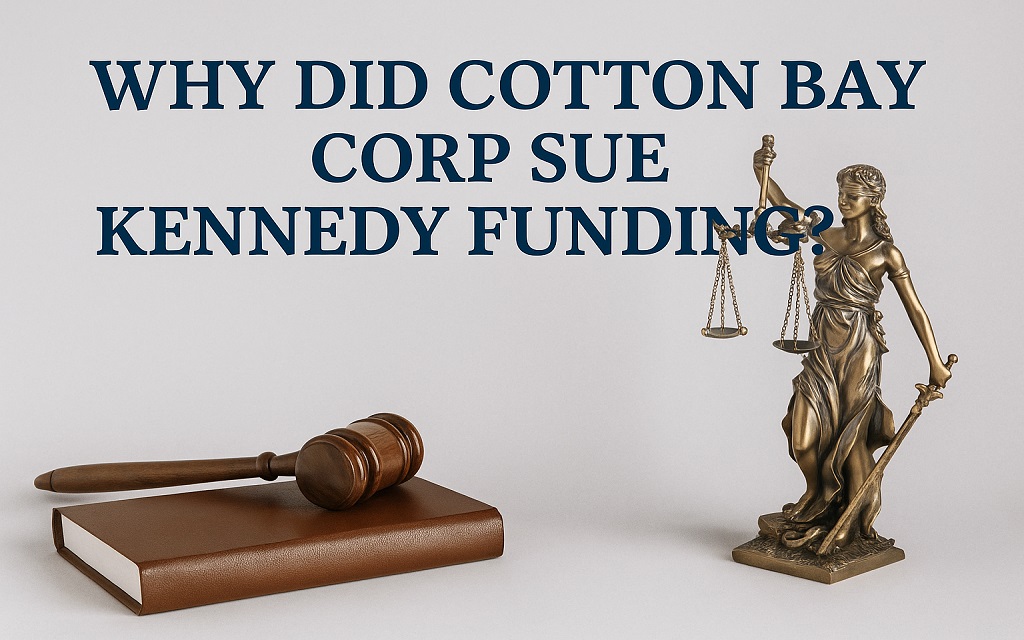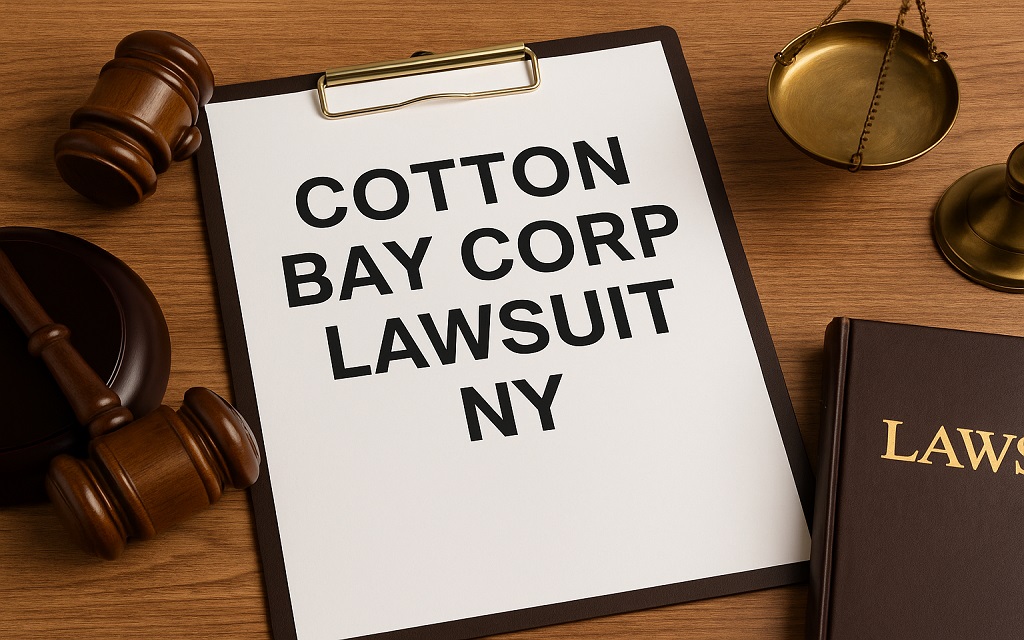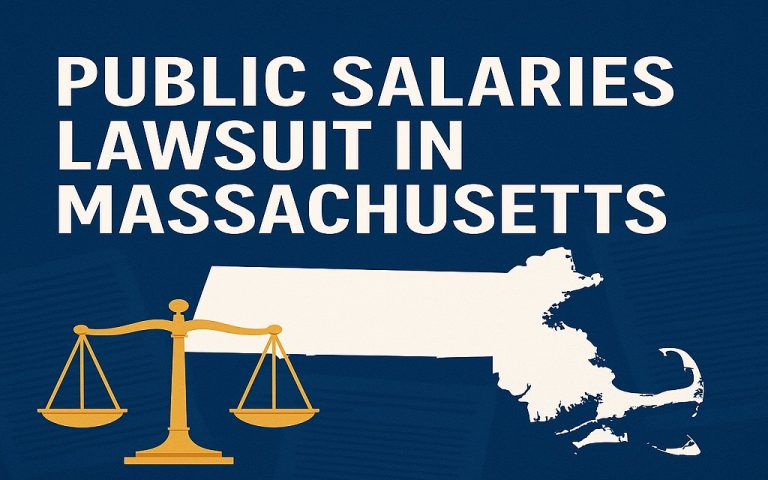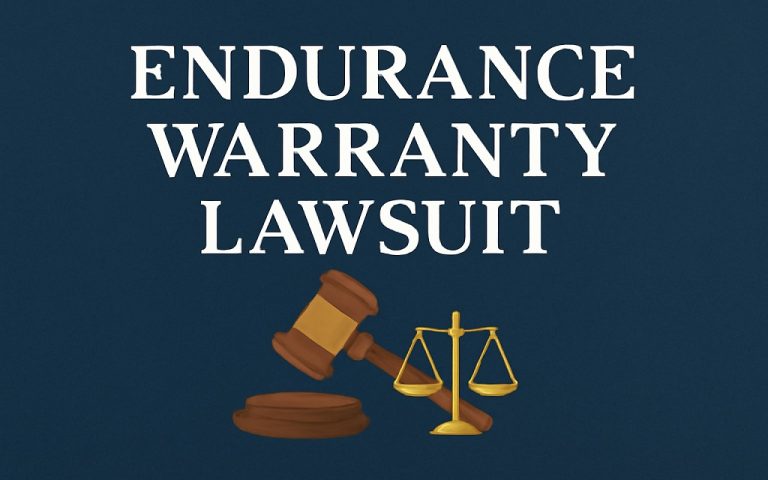Are you searching for Cotton Bay Corp Lawsuit NY details? You are in the right place. Cotton Bay Corp Lawsuit in NY Raises Sharp Questions About Private Loan Promises. You face risk when lenders delay funds. The Cotton Bay Corp Lawsuit in NY illustrates how fees can accumulate quickly.
Industry data shows that more than 20 percent of cross-border real estate loans end up in dispute. Cotton Bay Corp Lawsuit NY sits in that trend. You need clear terms before you sign. Courts in New York closely monitor lenders. Are you ready to see what happened and determine your next steps?
What Triggered the Cotton Bay Corp Lawsuit in NY?
Begin by understanding the case background. Cotton Bay Corp runs a luxury real estate project in the Dominican Republic. The lawsuit centers on a failed loan deal between Cotton Bay Corp. and Kennedy Funding, a private lender based in New Jersey.
You should know the case was filed in a New York federal court. The lawsuit alleges that Kennedy Funding breached the contract, made false promises, and acted in bad faith.
Court records confirm that Cotton Bay Corp claims it lost millions in potential development funding. The loan amount was $2.5 million.
According to Law360, lawsuits involving cross-border real estate financing have risen by 17% in the last three years. This case fits that trend.
Why Did Cotton Bay Corp Sue Kennedy Funding?

You should focus on the main legal issue. Cotton Bay Corp claims that Kennedy Funding falsely promised a loan, then delayed and denied it without providing a valid reason.
It is essential to know that the company spent over $100,000 in fees. These included appraisal costs, legal retainers, and third-party evaluations.
Cotton Bay Corp alleges Kennedy Funding never intended to finalize the loan. The complaint cites several internal communications that suggested the loan was just a bait.
Legal experts have raised concerns about predatory lending practices in real estate deals. According to a 2024 ABA report, over 22% of real estate lawsuits involve some form of misrepresentation.
What Legal Claims Appear in the Lawsuit?
You should examine the specific legal charges. Cotton Bay Corp accuses Kennedy Funding of the following:
- Breach of contract
- Fraudulent inducement
- Tortious interference
- Unjust enrichment
Each charge has a distinct legal foundation.
It is crucial to know that breach of contract cases require proof of a valid agreement, performance on one side, and a failure on the other.
The fraud claims are based on alleged false promises made before the loan agreement. The lawsuit alleges that Kennedy Funding acted in bad faith throughout the negotiation process.
You should also note that unjust enrichment is a claim where one party benefits unfairly at another’s expense. In this case, Kennedy allegedly pocketed hefty fees without providing the promised funds.
How Does Jurisdiction Impact This Case?
You should understand the legal setting. Although the development site is in the Dominican Republic, the case was filed in New York.
It is essential to note that Kennedy Funding is based in New Jersey, but it often executes contracts under New York law.
The case leverages federal jurisdiction based on diversity of citizenship and the amount in controversy exceeding $75,000.
Legal scholars often debate jurisdiction in international lending disputes. A 2023 Columbia Law Review article highlighted that 41% of such cases involve conflicting laws across borders.
Must Read: Massachusetts Public Salaries Lawsuit: Legal Transparency vs. Employee Privacy
What Is the Role of the Dominican Republic in This Case?
You should assess the location’s significance. The real estate project tied to Cotton Bay Corp was located in the Dominican Republic.
It is essential to know that the lawsuit mentions delays caused by local land title issues. Kennedy Funding allegedly used these delays as an excuse to withdraw.
The plaintiff argues that the lender was already aware of the title problems and still proceeded with the process.
In cross-border litigation, the location of a project often creates complexity. You should note that in a similar 2021 case, a Brazilian real estate developer sued a U.S. lender and won $6.2 million in damages.
What Damages Are Claimed in the Lawsuit?
You should focus on financial losses. Cotton Bay Corp seeks multiple types of damages.
- Actual losses from project delays
- Loss of potential income from future sales
- Fees paid to Kennedy and vendors
- Punitive damages for fraudulent conduct
It is essential to know that courts rarely award punitive damages in contract cases. But if fraud is proven, courts may allow it.
You should consider that in New York, punitive damages require proof of egregious conduct. The burden of proof lies with the plaintiff.
A 2022 study from the NYU Law Center found that fewer than 9% of contract cases result in the award of punitive damages.
What Does Kennedy Funding Say in Its Defense?
You should understand the other side. Kennedy Funding has denied the allegations. It claims the borrower failed to meet the conditions and provide the required documents.
It is essential to note that the defense argues that Cotton Bay Corp misrepresented its position. They say the borrower lacked the proper permits and clean land titles.
Kennedy Funding also alleges the fees were non-refundable under contract terms. This defense could block claims of unjust enrichment.
Legal analysts anticipate that the court will focus on communication records and contract language. The outcome may hinge on document timelines.
How Does This Case Affect Real Estate Lenders?
You should pay attention to industry impact. The Cotton Bay Corp lawsuit sends a warning to private lenders.
It is essential to note that regulatory scrutiny has intensified. The SEC and FinCEN have both flagged offshore lending as a risk area.
Private lending deals tied to international real estate often lack transparency. This increases litigation risk.
According to Moody’s 2025 risk bulletin, more than 29% of private lenders report exposure to similar lawsuits globally.
Could This Case Lead to Criminal Liability?
You should examine any possible criminal risks. Currently, the case is civil. There are no charges of criminal fraud.
It is essential to know that the court will focus on contract enforcement and evidence of misrepresentation. If new findings emerge, criminal referrals could follow.
In previous real estate fraud cases, such as the 2022 Prestige Miami suit, the civil matter often triggers a federal investigation six months later.
What Precedent Might the Court Consider?
You should study similar cases. One key case is Harborview Dev. v. GoldStone Finance (2020). In that ruling, the court held that knowingly stalling a loan to extract fees constituted a violation of the implied duty of good faith.
Another case is EastBay Capital v. Markline Lending (2018), in which the court ruled in favor of the plaintiff due to false pre-closing assurances.
It is essential to know that the court in the Cotton Bay case may rely on both precedents to evaluate intent and fairness.
What Happens If Cotton Bay Corp Wins?
You should understand the possible outcomes. If the court rules in favor of Cotton Bay Corp, Kennedy Funding may face financial penalties.
- The lender might have to refund all fees
- Additional compensatory damages may apply
- Punitive damages could add to the total cost
- Kennedy Funding’s licensing could face review
It is essential to know that a win could encourage more borrowers to sue over similar failed loans.
A 2024 report from Global Real Estate Watch shows a 33% spike in borrower lawsuits involving non-bank lenders.
What Should You Learn From This Case?
You should draw lessons from both legal and business perspectives. The case illustrates the importance of documenting every step of a loan transaction.
It is essential to understand that due diligence and written confirmations help mitigate the risk of fraud claims. You should always involve independent legal counsel before entering a real estate loan.
Borrowers often overlook red flags when funds are urgently needed. That mistake can lead to years of legal trouble.
What Happens Next in the Lawsuit?
You should follow the court calendar. As of July 2025, pre-trial motions are pending. A hearing is scheduled in Q4.
The discovery phase will involve reviewing emails, documents, and third-party statements.
It is essential to note that many civil lawsuits are settled before trial. If mediation occurs, both sides may avoid a full hearing.
If not, a bench trial could begin in early 2026. The verdict may set a new standard for international lending disputes.
Conclusion: Should You Be Concerned About Similar Deals?
You should always verify all terms in writing. Do not rely on verbal promises or fast-track deals.
It is essential to understand that international real estate loans involve additional legal complexities. Jurisdiction, currency risk, and regulatory limits all play a role.
The Cotton Bay Corp lawsuit NY acts as a real example of what can go wrong. Lenders and borrowers should both review it carefully.
Before signing anything, seek legal advice. That step could protect your investment and reputation in the long run.
FAQs
How to file a lawsuit against New York State?
You should file a Notice of Claim with the New York State Court of Claims and follow strict deadlines and procedures set by the Court of Claims Act.
What is the Credit Acceptance lawsuit in NY?
It is a legal case accusing Credit Acceptance Corp. of engaging in deceptive lending practices and charging hidden fees in subprime auto loans.
How to find a lawsuit in New York?
You can search lawsuits using the New York State Unified Court System’s eCourts or WebCivil Supreme online tools.
How long do you have to respond to a lawsuit in New York?
You have 20 to 30 days to respond, depending on how you were served the legal papers.
What does it mean to be named in a lawsuit?
It means you are officially listed as a party being sued and must take legal action to defend your rights.
Disclaimer: This article provides a general overview of the Cotton Bay Corp Lawsuit NY, based on publicly available information, and is intended for informational purposes only. It is not legal advice.
Musarat Bano is a content writer for JudicialOcean.com who covers lawsuits, legal news, and general legal topics. Her work focuses on research-based, informational content developed from publicly available sources and is intended to support public awareness. She does not provide legal advice or professional legal services.




